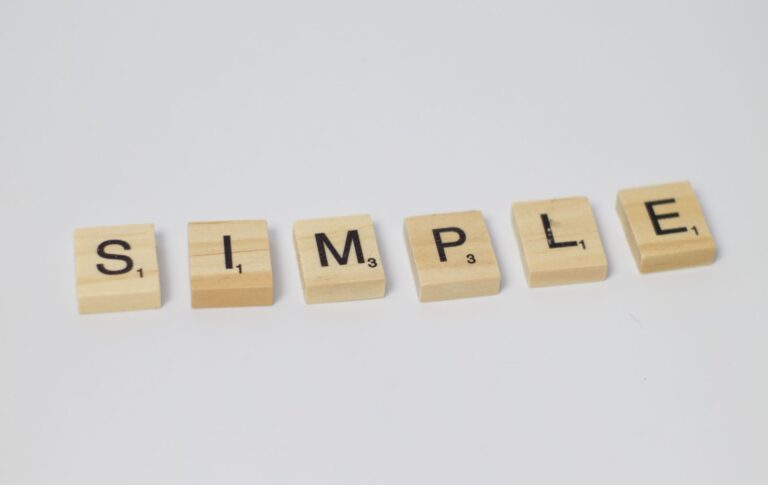Which is the Easiest Language to Learn in the Entire world?
Table of Contents
Toggle
The ease of learning a language can vary depending on several factors, including your native language, your learning style, and your exposure to other languages. However, some languages are often considered relatively easier for English speakers to learn due to similarities in vocabulary, grammar, or cultural influences. Here are a few examples:
Spanish: Many English words have Latin origins, and Spanish has consistent pronunciation and straightforward grammar rules.
French: English and French share many words of Latin and French origin, and there are some similarities in grammar as well.
Italian: Italian has a clear pronunciation system, and its grammar is generally simpler compared to someother Romance languages.
Dutch: English and Dutch share many Germanic roots, and their grammatical structures have similarities.
Esperanto: Designed specifically to be easy to learn, Esperanto has a regular grammar, simple vocabulary, and a global community of learners.
Remember that language learning is a personal journey, and what may be easy for one person might be challenging for another. It’s essential to consider your interests, motivations, and resources available when choosing a language to learn. Lets get right into it.
Factors to Consider
When determining the ease of learning a language, several factors come into play. Simplicity in grammar and sentence structure can significantly impact how quickly learners grasp a language’s fundamentals. Clarity in pronunciation and writing systems also enhances understanding and reduces confusion.
Accessibility to learning resources, such as textbooks, online courses, and language communities, is crucial for learners to immerse themselves in the language. Additionally, adaptability to different learning styles and preferences ensures that learners can tailor their approach to suit their needs effectively.
Cultural exposure and personal interest are significant motivators in language learning. When learners feel a connection to the culture or have a genuine interest in the language, they are more likely to stay engaged and committed to their studies. Contextualization of language learning materials, such as incorporating real-life scenarios and cultural references, further enhances comprehension and retention.
Top Contenders
Several languages are often cited as top contenders for being the easiest to learn. Spanish, for example, shares many similarities with English in terms of vocabulary and grammar, making it relatively straightforward for English speakers to pick up. Italian, with its melodic sound and familiar Latin roots, is also considered highly accessible for beginners.
Dutch is another language known for its simplicity and straightforward grammar, making it an attractive option for language learners. These languages offer learners a smooth transition and a sense of familiarity, which can boost confidence and motivation during the learning process.
Challenges and Misconceptions
Despite the perceived ease of learning certain languages, learners may still encounter challenges along the way. Pronunciation difficulties, for instance, can pose a hurdle, especially when a language has sounds that are unfamiliar to the learner’s native tongue. However, with practice and perseverance, these challenges can be overcome.
Misconceptions about language learning, such as the belief that it’s too time-consuming or difficult, can also deter individuals from embarking on their language learning journey. By debunking these myths and providing practical tips and strategies, learners can stay motivated and make steady progress towards their language learning goals.
Conclusion
In conclusion, determining the easiest language to learn is subjective and depends on various factors, including individual preferences and goals. By considering factors such as simplicity, clarity, accessibility, adaptability, contextualization, and familiarity, learners can choose a language that suits their needs and interests.
Whether you’re drawn to the rhythmic sounds of Spanish, the romantic charm of Italian, or the straightforwardness of Dutch, remember that language learning is a rewarding experience that enriches your life in countless ways. Embrace the journey, stay motivated, and immerse yourself in the beauty of a new language. The world is yours to explore, one word at a time.
